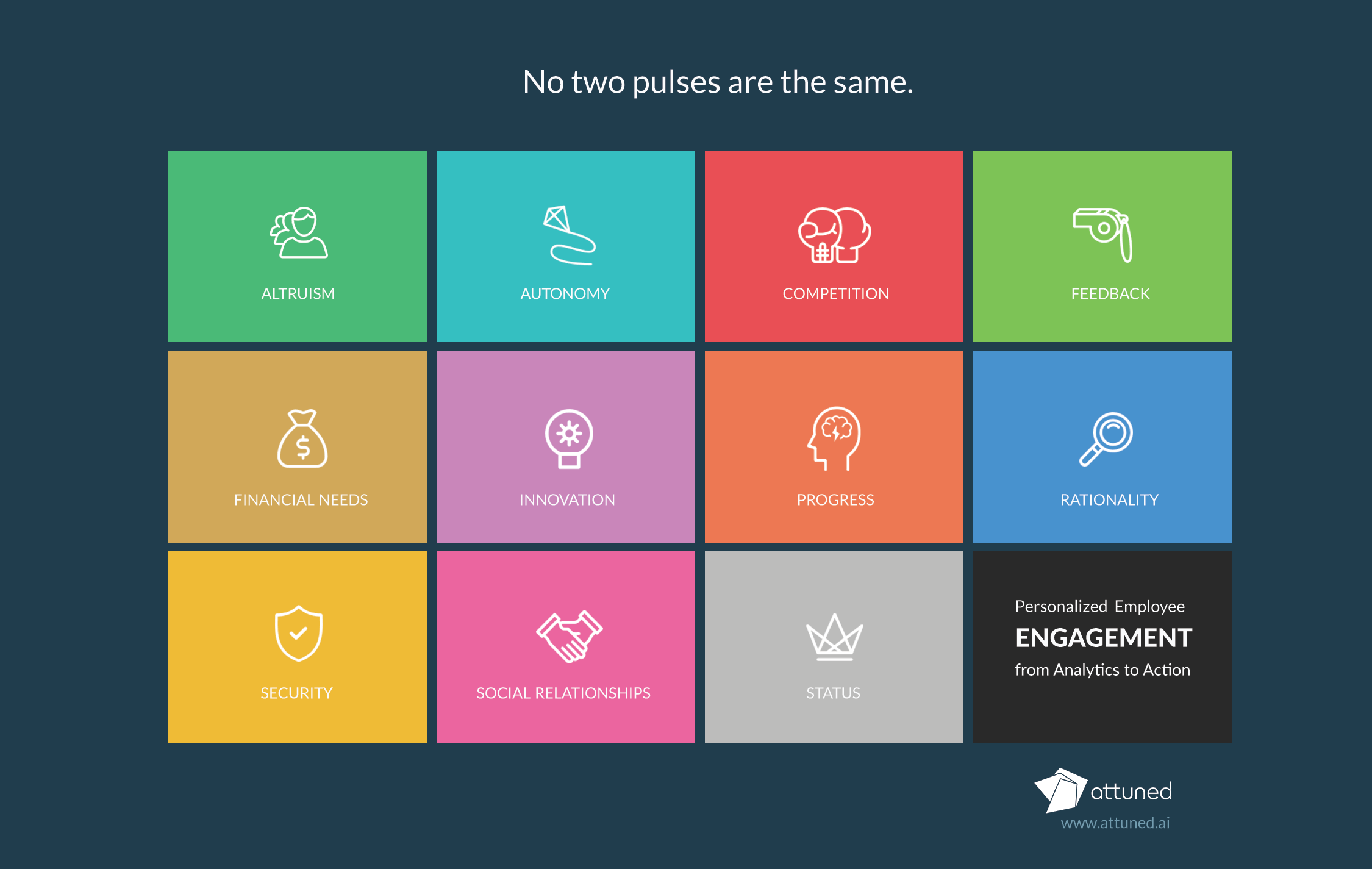The Great Resignation (and how to avoid it)
The headlines are startling. “Forget Going Back to the Office—People Are Just Quitting Instead” reads one from The Wall Street Journal. “The Great Resignation: How Employers Drove Workers To Quit” reads another from the BBC. And Forbes has gone as far as saying that the world is facing a “Turnover Tsunami”.
These and other articles cite statistics that are equally dramatic. Global analytics firm Gallup found that almost half of the US workforce is “actively job searching or watching for opportunities.” According to research by Microsoft, 41% of the global workforce are considering a job change in the next year—a figure that may be as high as 95% according to another poll by Monster.com. But this isn’t just a gathering storm on the horizon. In fact, it’s already upon us: from April to June alone, more than 11 million American workers quit their jobs—a virtually unprecedented occurrence in the modern era.
A number of causes underlie this trend, according to the research. Many workers are feeling burnt out after having endured a draining 2 years since the start of the pandemic, and are ready for a break or a change. Others are feeling disconnected from their co-workers as a consequence of having little in-person contact during the pandemic and have become less loyal to their organization as a result. There are also those who wanted to quit in 2020 or 2021 but delayed doing so until the pandemic abated. And millions more have simply taken time during the pandemic to reflect upon their career choices, and to assess whether they are truly in line with their core values.
Failing to Prepare is Preparing to Fail
As we all know, staff turnover is an expensive business—replacing even one key team member can eat up a significant amount of time, money, and resources. Multiply that by, say, 41% of your team or workforce, and it becomes the kind of crisis that could hamstring a company for months—or even permanently.
Organizations that fail to prepare for this eventuality, therefore, place themselves at a huge disadvantage versus those that do.
So how can you make sure your company is ready for ‘The Great Resignation’? Or better yet, how can you avoid it completely?
At present, many companies are struggling to answer these questions. Often, a big part of the problem is a lack of insight into their employees’ values and mindsets, a dearth of awareness that makes it difficult to anticipate turnover, never mind work out what actions should be taken to avoid it. This was true before the pandemic, but in the WFH/hybrid era this type of blindspot has grown and multiplied, with managers struggling to pick up cues (that would be more readily apparent in a normal office environment) that employees are less engaged.
Understanding is Key
So, what can organizations do? Well, one priority should be to look under the proverbial hood and make efforts to better understand what makes employees tick. Once leaders have a clearer understanding of what motivates their employees, and what needs have to be met to make their work meaningful, then they can take steps to adapt their management style and personalize the work experience accordingly.
But it’s not just about the individual of course: team dynamics can play a big part in whether an employee is satisfied at work—or thinking about leaving. As well as understanding each person more deeply, employers need to gain a clearer picture of how well—or how poorly—teams are working, and why.
One of the biggest problems within teams can be a failure to find a common language. This is often due to managerial blindspots, particularly when team members are motivated by completely different values than their manager. This in turn leads to miscommunication, frustration, and, ultimately, strife and misalignment within the team.
A Time for Action
Long before anyone had heard of ‘The Great Resignation’, we built Attuned to solve precisely these types of problems.
Drawing on AI and decades of psychological research, our platform allows managers to see at-a-glance what values their employees hold most dear, and where potentially hazardous motivational gaps and blindspots exist within teams. But more than that, it highlights the actions that need to be taken to boost engagement and create more productive, more harmonious teams.
Ultimately, “The Great Resignation” is here whether we like it or not, and like all cultural shifts, it will have its winners and losers. Which is your organization set up to be?
This article was first published on the Attuned blog. To read it in its original form, click here.























